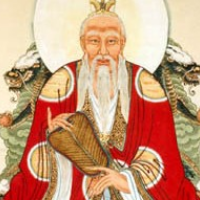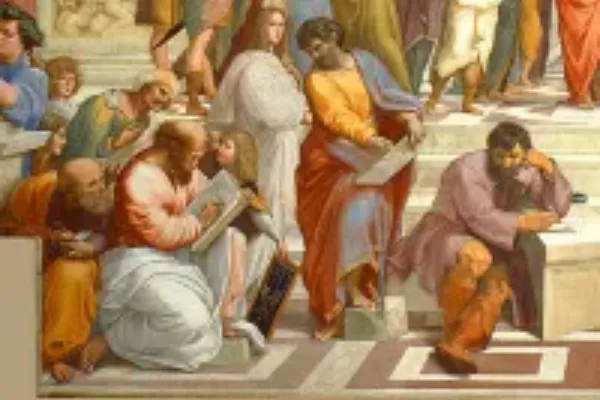WunderQuiz
The world's greatest writers, Part 1
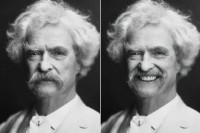
The world's greatest writers, Part 1
Test your knowledge of history's greatest writers with this captivating quiz! From Shakespeare and Tolstoy to Cervantes and Molière, discover fascinating anecdotes and striking details about the authors who have left their mark on world literature. Do you recognize their landmark works such as "The Trial", "War and Peace", "The Adventures of Tom Sawyer", or "Don Quixote de la Mancha"? Ready to explore their lives, works and influences? This quiz is perfect for literary enthusiasts as well as the curious who want to deepen their literary culture.
Quiz Preview
The Pit and the Pendulum
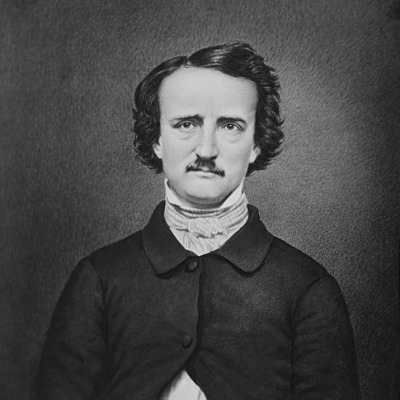
The Well and the Pendulum (1842)
In this short story by Edgar Allan Poe, a man finds himself a prisoner of the Spanish Inquisition. Terror mounts as he discovers a chasm in the center of his cell and a sharp pendulum suspended above him, swinging slowly. Here, Poe explores themes of fear, psychological suffering and the inevitability of death, creating a memorably oppressive atmosphere.
Les Misérables
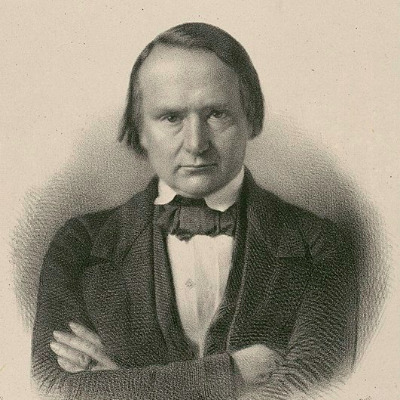
Les Misérables (1862)
Victor Hugo's monumental novel plunges into 19th-century France, depicting the social and moral struggles of characters like Jean Valjean, a former convict in search of redemption. Through emblematic figures and striking scenes, Hugo denounces social injustice and misery. This humanist masterpiece is a plea for compassion and justice, marked by the Revolution of 1832.
The Adventures of Tom Sawyer
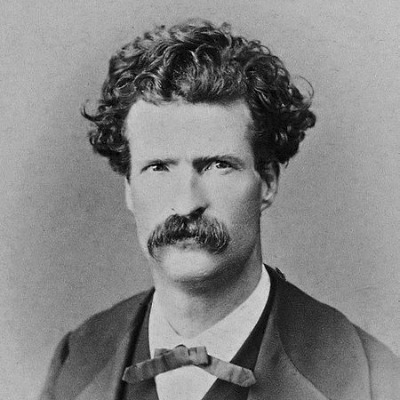
The Adventures of Tom Sawyer (1876)
Written by Mark Twain, this novel recounts the adventures of Tom Sawyer, a mischievous young boy from Missouri. Fascinated by mystery and adventure, Tom has thrilling adventures with his friend Huckleberry Finn, defying the conventions of society. Both amusing and critical, the story exposes 19th-century American life in the South with humor and finesse.
Waiting for Godot
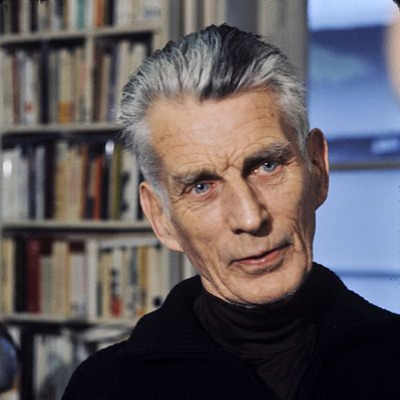
Waiting for Godot (1953)
Samuel Beckett's iconic play is a landmark of the theater of the absurd. Two vagabonds, Vladimir and Estragon, wait for a certain Godot who never arrives, debating the absurdity of life. Beckett explores profound themes such as boredom, hope and the absurdity of existence, all with an offbeat sense of humor and pared-down language that overturns theatrical conventions.
Aeneid
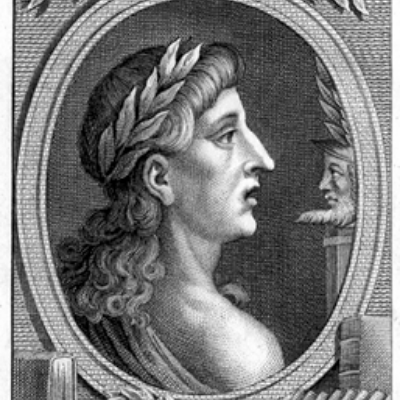
Aeneid (~29-19 BC)
The Aeneid, Virgil's major epic, recounts the adventures of Aeneas, the Trojan hero who, after the fall of Troy, seeks to found a new homeland in Italy. The epic poem describes his trials and destiny as the mythical ancestor of the Romans. The work is a tribute to the greatness of Rome, blending mythology, war and piety, and celebrating Roman values under the Empire of Caesar Augustus.
The Ingenious Gentleman Don Quixote of La Mancha
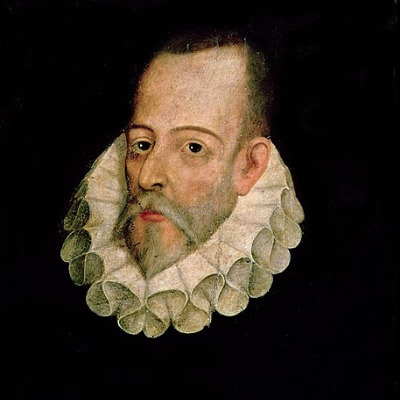
The Ingenious Gentleman Don Quixote of la Mancha (1605, part one)
Written by Miguel de Cervantes, Don Quixote is a picaresque, satirical novel that explores the boundaries between reality and illusion. The protagonist, obsessed with romances of chivalry, decides to become a knight errant. Alongside his faithful squire Sancho Panza, he battles windmills he takes for giants. This work questions the madness, heroism and values of the time, and has had a profound influence on modern literature.
Hamlet
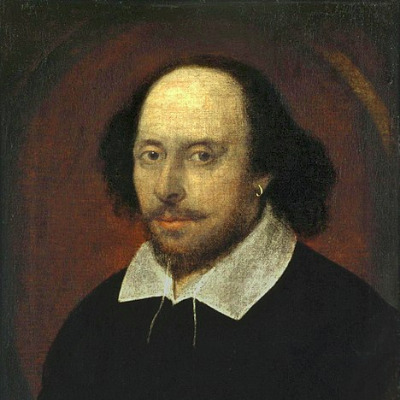
Hamlet (c. 1600)
William Shakespeare's iconic tragedy, Hamlet plunges us into the moral and existential dilemmas of a young Danish prince confronted with the murder of his father. His father's ghost demands vengeance against his mother's new husband, usurper of the throne. This work explores universal themes: betrayal, madness and the questioning of being in an uncertain world. Hamlet is famous for his monologues, notably the famous "To be or not to be".
War and Peace
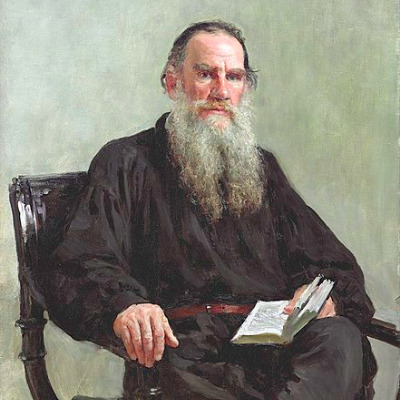
War and Peace (1869)
Leo Tolstoy's monumental novel, War and Peace depicts Russian society at the time of the Napoleonic Wars, particularly during the invasion of 1812. Following aristocratic families, the work explores individual destinies and the historical forces that influence life. Tolstoy combines philosophical reflections, epic battles and psychological introspection. This grandiose fresco is a meditation on war, love and the quest for meaning in human life.
The Trial
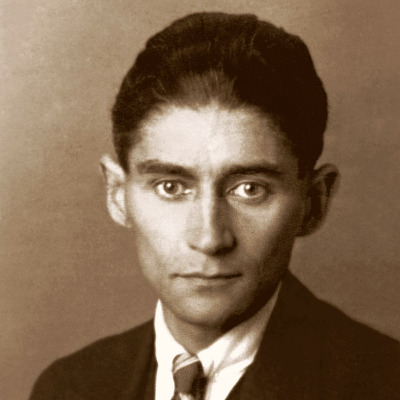
The Trial (written c. 1914-1915, published 1925)
A posthumous work by Franz Kafka, The Trial tells the absurd and harrowing story of Josef K., arrested without knowing the nature of his crime. This allegorical novel plunges us into an oppressive bureaucratic universe devoid of logic. It depicts the absurdity of justice and the powerlessness of the individual in the face of impersonal forces of power. The Trial has become a symbol of modern existential anguish.
Faust
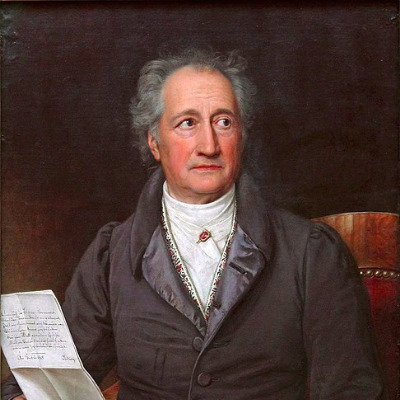
Faust (Part I, 1808)
Johann Wolfgang von Goethe's masterpiece, Faust recounts Dr. Faust's pact with the devil, Mephistopheles, for knowledge and pleasure. Faust embarks on a quest for meaning, experimenting with love, power and overcoming human limits. This tragedy explores the themes of ambition, damnation and redemption. Goethe enriches this popular legend with many philosophical and humanist dimensions, making Faust a major work of Romanticism.
